Falcon Heavy Center Core Destroyed After Landing Due to Rough Sea Conditions
During last week’s Arabsat 6A mission, fans cheered as all three Falcon Heavy boosters successfully landed. Due to its velocity at MECO, the center core has undergone a hot and challenging return through the atmosphere, yet it still landed safely on the droneship Of Course I Still Love You (OCISLY). Unfortunately, before the booster could be secured to the deck, rough sea caused it to tip over. SpaceX confirmed the incident and released a statement to The Verge:
Over the weekend, due to rough sea conditions, SpaceX’s recovery team was unable to secure the center core booster for its return trip to Port Canaveral. As conditions worsened with eight to ten foot swells, the booster began to shift and ultimately was unable to remain upright. While we had hoped to bring the booster back intact, the safety of our team always takes precedence.
This was the first center core to successfully land, last year’s landing failed because the Merlin engines ran out of the TEA-TEB ignition fluid. Therefore, SpaceX would certainly like to thoroughly inspect and analyze this booster to verify that it’s in good shape even after experiencing the hot landing and additional loads from the side boosters during launch. Unfortunately, the curse of the central cores seems to continue.
Weather gives SpaceX headaches fairly regularly. Not only does bad weather occasionally delays a launch, SpaceX also had to call off planned landing attempts during DSCOVR or Hispasat 30W-6 missions because of rough sea conditions in the landing zone. Also, it is actually not the first time that bad weather has nearly cost SpaceX a landed booster. During the Thaicom-8 mission in 2016, Falcon 9 landed somewhat hard and ended up tilting which caused it to slide around OCISLY’s deck dangerously before workers could finally secure it.
Perhaps in response to that incident, SpaceX has developed a special robot called OctaGrabber (click for detailed information about it). It allows the rocket to be secured remotely without the crew having to be present on the deck where it is not safe in bad weather, as the rocket may move around. Unfortunately, OctaGrabber is reportedly compatible only with Falcon 9 because the Falcon Heavy center core is a bit different. So SpaceX couldn’t utilize the robot in this case, even though it was probably aboard OCISLY during the landing. In the future, however, OctaGrabber will be compatible with Falcon Heavy. Elon Musk explained that the attachment fixtures are different and weren’t ready in time for the Arabsat mission.
OCISLY will return to Port Canaveral in a few days so it will be interesting to see if it brings some wreckage, just like it did a few times in the past after unsuccessful Falcon 9 landings.
UPDATE: The rocket might be partly salvageable. Elon Musk said that the “engines seem ok, pending inspection” and a pilot who flew over OCISLY claims the rocket looks “fully intact“.
However, the good news is that SpaceX does not expect the loss of the center core to impact future missions. The reason is that the next Falcon Heavy that will launch on the STP-2 mission was already planned to use a brand new center core (the side boosters will be reused from the the Arabsat 6A mission, though). Looks like that was a good decision. The STP-2 mission is currently scheduled for June 22 at the earliest.





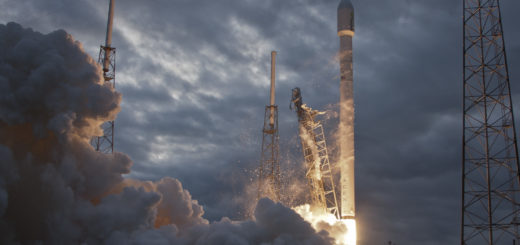

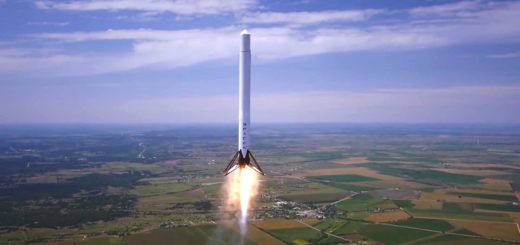
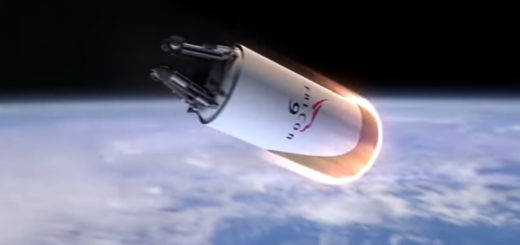
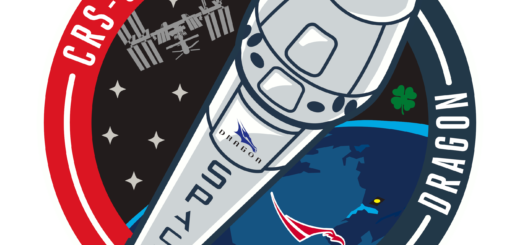
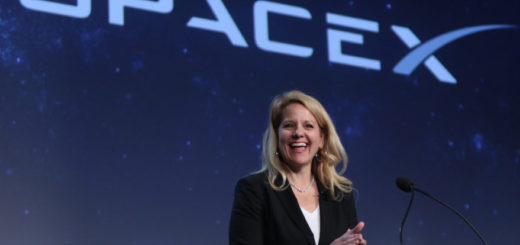
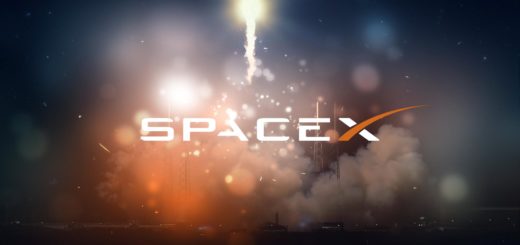
This article, and several others, repeat the SpaceX statement about the core being “unable to remain upright” and wanting to “bring the booster back intact”, but that statement does not seem to say that the core was lost overboard. I guess we will have to wait until OCISLY returns to port to find out.
Where does my article say the core went overboard?
The headline says “destroyed” and the article is ambiguous, but the update has clarified the issue. Thanks.
Thanks for a great article — no bs like other sites!! Just wanted to let you know this is appreciated.
Thanks, I’m glad you liked it. 🙂